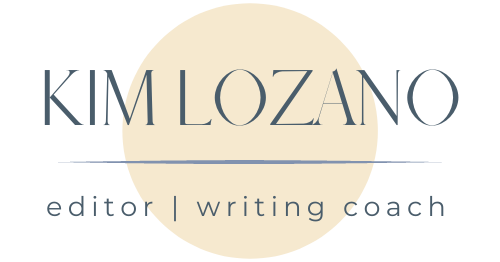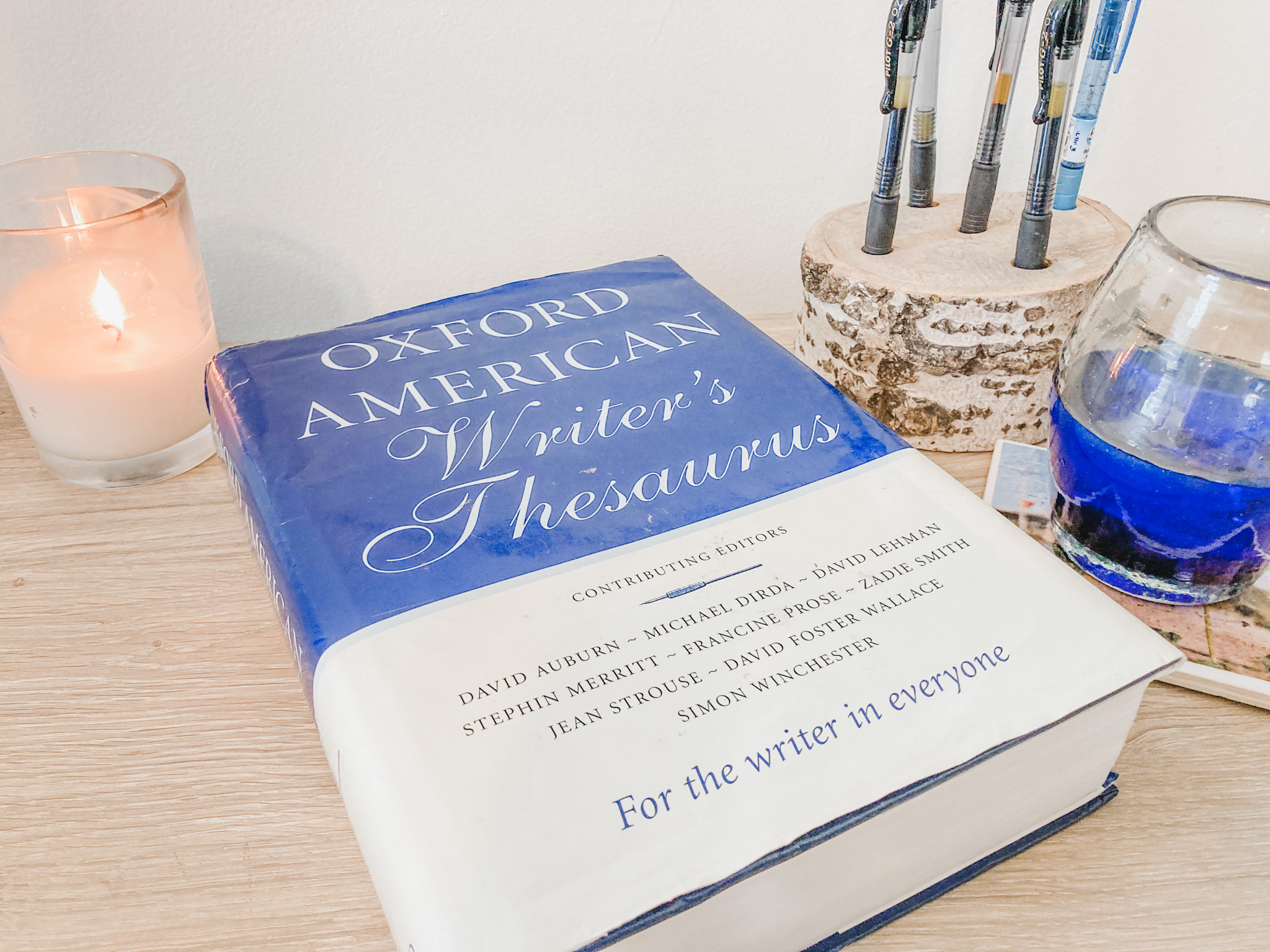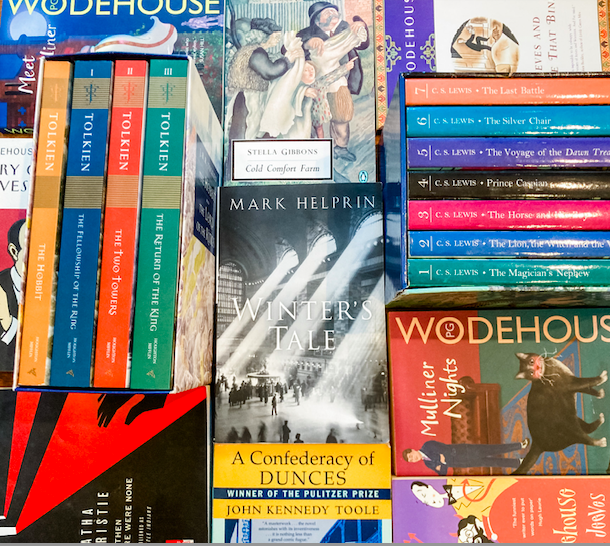Types of Editing: Understanding the Differences

If you’ve never hired an editor to help you with a creative writing project, there’s a good chance you don’t even know what types of editing are available to you.
If you Google “types of editing”, you’re going to get hit with information like “Developmental Editing. (Also called: conceptual editing or manuscript appraisal)” and “Evaluation Editing. (Also called: manuscript critique or structural edit)”. The terms and definitions aren’t fixed, so it can be confusing.
I’m going to use what I think are the three most commonly used terms and give you an overview of what each type of editing entails.
Developmental Editing
A writer hires a developmental editor (like me) when they’ve taken the piece they’re working on as far as they can on their own and are ready for professional feedback. A developmental edit is an early edit, not a late one (see line editing and proofreading below). A manuscript will potentially undergo extensive rewrites after the developmental edit.
No matter the length or genre of your piece, a developmental edit can cover a lot of ground, and an editor should be able to give you feedback on many elements of your work, including but not limited to:
- Opening pages and 1st impressions
- Characters and characterization
- Point of view and voice
- Dialogue
- Genre conventions
- Overall viability of the story
- Subplots
- Structure
- Craft elements
- Publishability
Expect a developmental editor to make notes on your manuscript and also include an editorial letter, which goes over many of the elements listed above. You’ll get notes on what is working well, what is not, and ideas for revision.
A developmental editor will often note some errors in grammar, syntax, and usage, but not in every instance. Those issues are left for the line editing and proofreading stage. But the editor may make a note about common errors they’re seeing or missteps to look for when revising.
Many developmental editors also offer “manuscript evaluations” in which they provide big-picture feedback on the manuscript in an editorial letter, but include few, if any, in-line comments or margin notes in the document itself. This type of edit lacks the depth and breadth of a full developmental edit, but it can be a good option for writers on a smaller budget who would like a general critique of their book.
Line Editing
Sometimes line editing is referred to as copy editing. Sometimes line editing is seen as being under the umbrella of copy editing. I’m combining them. Line editing is an edit for style and readability. Where a developmental editor looks at the large building blocks of the story, a line editor is literally looking at each line. A line edit will focus on concerns such as:
- Word choice
- Tone
- Phrasing
- Clarity
- Concision
- Originality (including rooting out cliché)
- Polish
A line edit is going to assist you with the overall effectiveness of your writing. Because it is time-consuming for an editor to give feedback on your work sentence by sentence, a line edit is oftentimes the most expensive type of editing.
Proofreading
Proofreading is the last stop on the editing line. A proofreader will focus on issues like:
- Formatting
- Typos
- Spelling
- Usage
- Grammar
- Punctuation
If you’re planning on self-publishing your book, I highly recommend you hire someone to proofread it. If you’re trying to traditionally publish your book, you might be able to skip hiring a proofreader IF your own proofreading skills are strong and you’ve worked with a developmental editor who can flag major issues for you. A few minor mistakes most likely won’t keep your book from being accepted for publication, at which time it will go through more editing.
Be careful about finishing a manuscript draft and immediately hiring a proofreader. Although a proofreader can give your work a final spit-shine, they can’t fix a broken story.
Whatever type of editing you decide you need, make sure you communicate clearly with your editor from the get-go. Tell them what you’re looking for—are you wanting guidance, affirmation, light feedback on a project you’re writing for your grandchildren, in-depth feedback on a book you hope to traditionally publish?
Ask your editor’s opinion about what you need. You might think your book is ready for proofreading but an editor may advise you to look into a developmental edit or even some writing coaching to get your prose up to snuff.
Clarify with your editor what type of feedback you’ll be receiving from them. We do not all use the same terminology or definitions for the various types of editing, so make sure you know what you’re paying for.
A final word about going through the editing experience: It hurts a little. If you want to make your writing better, you have to know what needs improvement. The writers who get the most out of the editing process become skilled at lowering their defenses, welcoming feedback, and becoming the boss of their writing projects.






